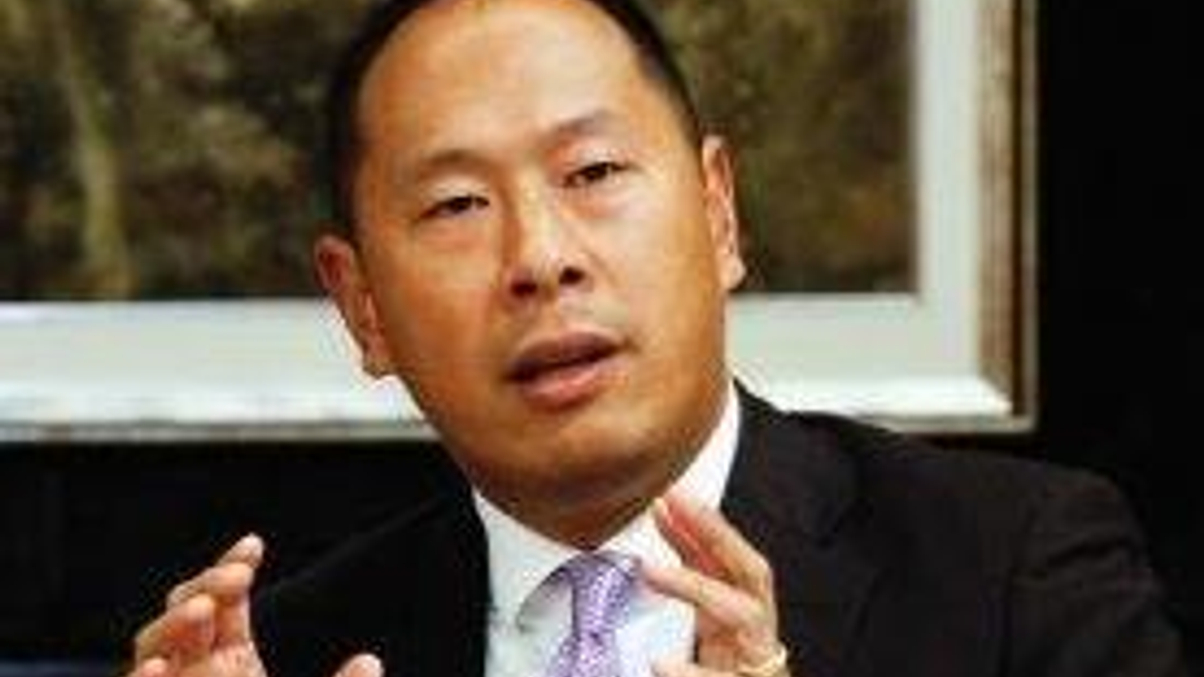Lack of commission-free debate in Asia 'a surprise'
Private bankers are not expecting commission- or retrocession-free rules in Asia soon. Fee-for-advice is possible within a decade, but firms may need to package it with additional services.

Senior private bankers in Asia have expressed surprise that commission-free distribution is not being discussed more in the region.
Sign in to read on!
Registered users get 2 free articles in 30 days.
Subscribers have full unlimited access to AsianInvestor
Not signed up? New users get 2 free articles per month, plus a 7-day unlimited free trial.
¬ Haymarket Media Limited. All rights reserved.


